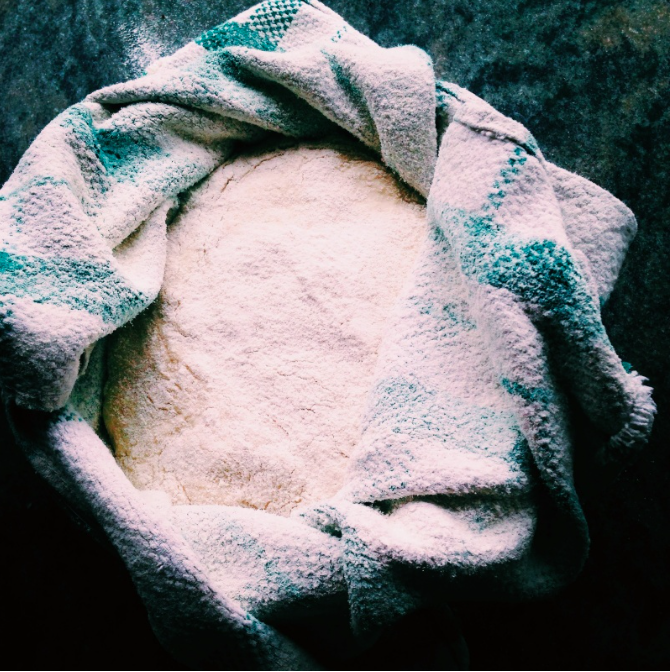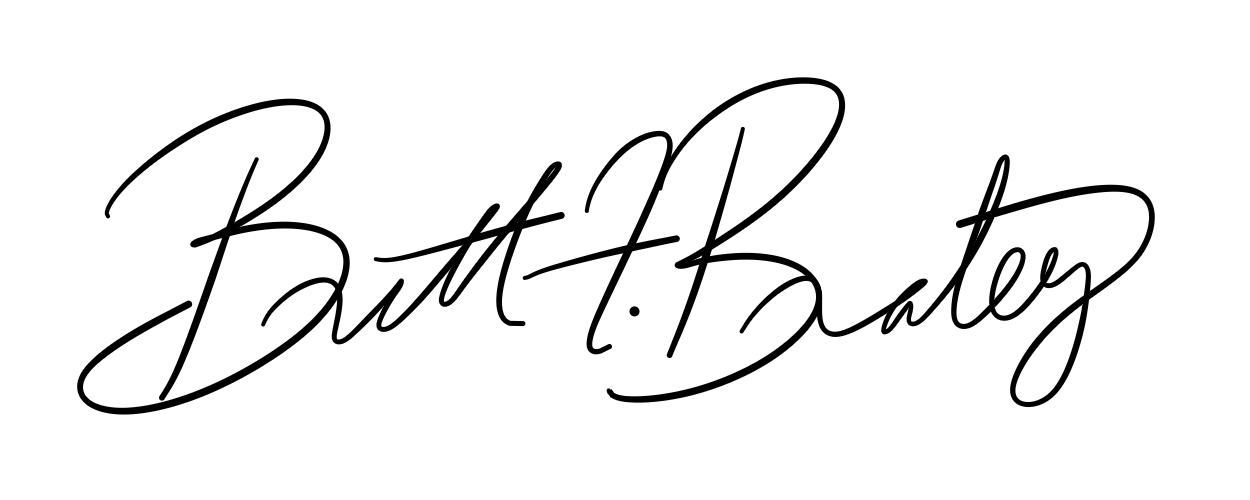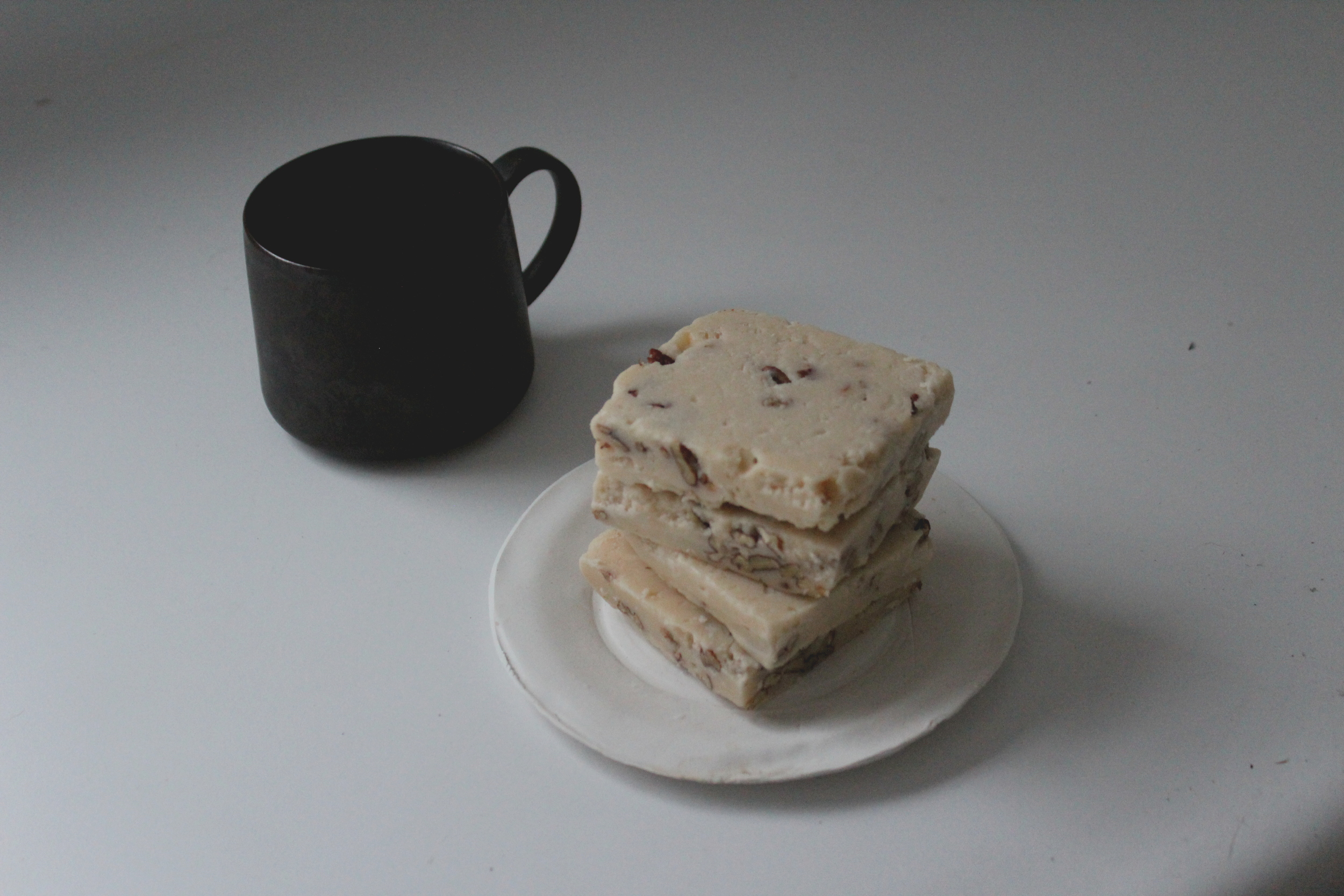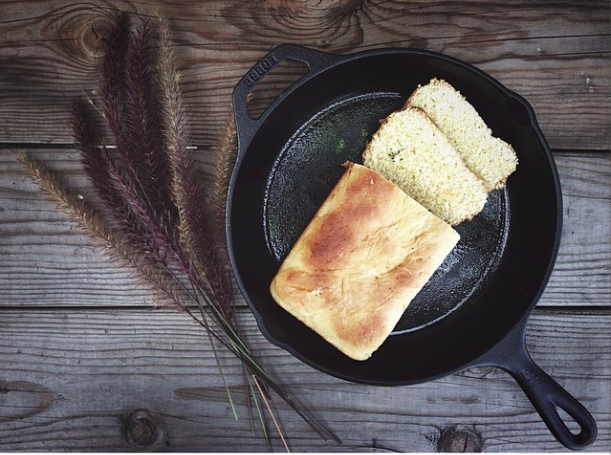Your Custom Text Here
Acoustics.
Fall has come in so acoustically, and it is all around me now. I can see it most in the morning, when the rest of the world is asleep. The dogs stretch their long limbs, widen their jaws into yawns. They don't want to walk on the dew. They want to sleep on the hand-stitched Navajo blanket in the morning. The coffee comes in bursts of steam. I wipe my glasses off with my sleeve. I stand in my underwear at the new kitchen sink, head dipped over the last of the summer's peach. I tear it with my hands. I feel most strong when it's quiet. When the shower is scalding hot. When the window is down but the heat is on. When I can wear jeans around the house. When our two bodies interlace at night, when I see the tan-lines faded. When the birthmarks start to show. When my palms and cheeks are red. When it's late and you can only hear the occasional siren in the deep, deep distance of our new hometown. And soon a quick inhale and his long, familiar snore drowns everything else out. I let the change happen, because it's been good to me. I did not trust it at first, the change of adulthood. I looked back on how many lives I have lived, and how many more I have ahead and realized that, for each, the impetus was a desire for difference. I am lucky to feel the autumnal metamorphosis this year, because it is usually so stagnant in California. I am lucky to live in this two-bedroom house. I am lucky to discover all the new things I'm learning to love these last few years. I am lucky, I am lucky, I am very, very lucky.
This is not what I thought three weeks ago, buried in the bed. Covered up, hidden from my own insecurities. Afraid of my failures, not able to see my triumphs. My father called me and I hung up mid-sentence. Nolan kissed my hand and asked if I wanted to get ice cream. I cried until I shuddered. I was tired of owing any small amount of success to someone else, attributing each failure to my own misunderstanding of life and how it worked. I did not feel powerful. I did not wake up early and take a minute, recollect my thoughts, drink black coffee that fogged my lenses.
I locked the door and didn't let anyone in. I incubated myself for three days. I reminded myself to be happy, because sometimes you have to, because no one else will.
I turned 23 the next week.
I moved into a new house four days later.
And at each moment I discovered something new. When the bruises began to turn purple, when I was most tender. When I limped away, licked my wounds. I found myself glad for the change. Glad to be alive, to have my head above the water when it came to my debts. Glad I recognized what I owed Nolan, happy to let myself be vulnerable so I could tell myself how stupid I was. Happy to wake up before the sun, because the sun sleeps in late these days, to brew coffee and write a note to Nolan. "There's coffee waiting for you. Have a good day." I write it on paper I got in Belgium, a souvenir of who I was, written over as someone new. I changed, I evolved.
I remind myself that my clothes aren't in trash bags anymore. I remind myself that I never loved that drug dealer. I remind myself that my father was right, that I was young and stupid and didn't appreciate a goddamn thing when I was 17. All of those things are different now. I remind myself that I have lifetimes ahead of me, and that this one is just passing. I remind myself that when I'm arthritic and can't hold anyone's hand, to be comforted in knowing that I let myself be vulnerable or a day or two. I remind myself all of these things, because fall isn't a time for dying, it's a time for remembering. That peacefulness of daybreak is all we have right now, and I couldn't lay in bed once I realized what a mistake I'd made.
I made this fudge to have in the moments when I felt strong, when the ripped up stone fruit couldn't satiate me. I made it to feel comforted by the pecans, to savor the tang of the buttermilk. It didn't feel like home, but it felt like nostalgia.
Pecan Buttermilk Fudge
from Bon Appétit
Ingredients
- 1 cup pecans
- 2 cups sugar
- 1 cup buttermilk
- ½ cup (1 stick) unsalted butter, cut into pieces
- 1 tablespoon honey
- ⅛ teaspoon kosher salt
- Flaky sea salt (such as Maldon)
Directions
- Preheat oven to 350°. Line a 9x5” loaf pan with parchment paper, leaving a generous overhang on long sides; set aside.
- Toast pecans on a rimmed baking sheet, tossing occasionally, until fragrant and slightly darkened in color, 8–10 minutes. Let cool, then coarsely chop.
- Heat sugar, buttermilk, butter, honey, and kosher salt in a medium saucepan over medium-high heat, stirring occasionally, until butter and sugar are melted, about 3 minutes.
- Fit saucepan with thermometer, bring mixture to a simmer and cook, stirring occasionally, until thermometer registers 238° (mixture will be pale golden and smell faintly of toffee), 6–8 minutes.
- Immediately pour mixture into a medium bowl and, using an electric mixer on medium-high speed, beat until cool and thickened (it will be stiff and matte), 5–8 minutes.
- Fold in pecans. Scrape fudge into prepared pan; smooth top and sprinkle with sea salt.
- Let sit at least 1 hour before cutting into pieces.
Tax Day, Bread, and a Flood Confessional.
The first time I brought Nolan to my parents' converted farmhouse there was a summer flood. A "flash flood". A panicked flood, punctuated by my father's cries for more wood to divert the deluge, myself knee-deep in mud. It was going to happen, we knew. We saw the signs, the cloud formations and the way that a storm lays sticky on your forearm hair. It was going to happen and the cable went out, so there was no distracting us from the inevitable. We sat in our lawn chairs, propped on the pool deck, and waited for the first growls of a summer downpour. And when it did come, as it always did, the one loan tree, a half-formed walnut tree, was the first to tell us. The hollow green fruits blew off in groups, committing suicide and cracking their skulls as they came down on the chicken coop's roof. It warned us to get inside, to seek shelter, to not be as foolish as her children were. And so we took heed and waited. Waited with the door open, the windows and blinds open, our eyes open for any leaks.
And then it broke. The annual flood. A jealous god, a baptismal rain to heal the souls of our Appalachian youth. It didn't work too well, though, because in the candlelight of the blackout, Nolan and I had pure and quiet sex to the sound of the rain on the window.
The storm was a homecoming, a way to know you've arrived and the reason you want to leave. The two-by-fours didn't always work, the basement would get flooded, the linoleum of the kitchen floors would be slick and you would fall. The family dog, Jack, would howl to the thunder gods, begging for an end. He hasn't been around long enough to know that they hardly ever listened (or maybe they did and I should have howled to get their attention). But it was all over soon, it was all over in an hour's time and it was a two-day affair to clean up the mess.
The chicken wire broke and the hens got out. The gravel settled at the bottom of the pool, along with some screws and a bees nest. A broken branch was wedged in the tire swing on that old walnut tree. All footprints in the dirt were erased. The remnants of the storm overpowered the effigies of our presence there, in that old farmhouse. It was reparable, of course it was reparable, but it was hard work to keep up the memories, the images. It was a two-day affair to clean up the mess.
It was a two-day affair to clean up the mess, but instead we baked bread. We baked it by hand, we kneaded it between shifts of picking up the yard. We left it next to a space heater we had going to help dry up the floor better. It was a basic bread, crusty and yeasty. It hit all the senses. We dunked it in microwaved chili my mom had made and subsequently frozen the week before.
I don't forget much, and I won't forget that.
I won't forget the instant sensation of family and warmth the bread provided. It was a inescapable reality of life that the flood would come again and again. It would never stop, and you just had to adapt. You just had to knead the bread in intervals to have something to look forward to when your back ached and your eyes grew tired, because that was inevitable too.
And so are taxes.
This is my first year filing them by myself, having always had the help of my father (an expert, using the flood to his advantage). But it was a growing experience, something I and to face. But it gripped me with fear, the thought of having to make decisions, file this form, fill in that box. There was no buffer of culpability, no way to blame someone else. I was unemployed for six months, a student prior to that. I had no money to give; I got none in return.
After signing up for the free web service, going through the wizard and trying to find some way to meander through it without breaking down and calling my dad to just do it for me, I took a break. A hunger-induced break. It's facing realities like taxes, like floods where memories can be lost, like uncertainties that make you the most hungry, when you crave your momma the most. But she was 3,000 miles away and it was just taxes, but I still made bread anyway.
And for every period it needed to rise, I took a break, cleaned a dish, took another break, set the table. I ended up making two loaves (when I realized the first one had to set for the requisite 12 hours first). Both came out perfect. Both reminded me of home and were given out to Nolan as I told him about my day, how much my refund was, and we reminisced over that old farmhouse one more time.
______________________________________
Laura Calder's Miracle Boule (x)

Laura Calder is the host of The Cooking Channel's French Food at Home and a lovely chef (who has a new cookbook out!). I came across this recipe a few months ago and have used it ever since I got my cocotte. What a lovely, easy bread that takes less time than you'd think (it's not called a miracle for nothin'!). You can find her recipe above, as I made no changes to her original recipe to share.
Cheddar-Jalapeño Yeasted Corn Bread
I adore this recipe and I am kind of proud that I did most of it without any reference. I think that's the mark of growth (for me at least)--setting a vision and then actualizing it on your own know-how. My idea behind this recipe was to make a more versatile cornbread that could be used as more than just a side. Using cornmeal against a flour ratio and yeast, I discovered a moist, rich, and spicy (if using jalapeños) bread that was great for sandwiches, as a side, or even a grilled cheese! Here is the recipe (makes two loaves):
Ingredients:
- 2 sachets of 1/4 oz. active dry yeast
- 1/2 cup warm water
- 3/4 cup milk (I actually used some leftover heavy whipping cream for an added level of moisture and light sweetness)
- 1/3 cup sugar
- 1/3 cup butter, melted
- 1 egg
- 3/4 cup cornmeal
- 1 teaspoon salt
- 3 1/2 to 4 cups all-purpose flour
- 1 cup cheddar cheese, shredded
- 8-12 jalapeños chips, diced
Directions:
- In a large bowl, dissolve yeast in warm water. When dissolved, add milk, sugar, butter, egg, cornmeal, and about 1 1/2 cups flour (to start). Beat with hand mixer until smooth. As you start to see a wet dough come together, stir in enough of the remaining flour to form a soft dough.
- Turn onto a floured surface and knead for a few minutes until smooth and the gluten activates, making it elastic and spongy. Place into a greased bowl to allow to rise (turn dough over once to allow top to get a little grease on it as well). Cover with a towel and allow to double, about 45 minutes.
- Before punching down, add cheese and jalapeños and gently fold into dough. Divide into two loaves and put into greased loaf pans (or cast-iron ones, which I preferred). Cover and let double again, about 30 minutes. Preheat over as it rises to 350 degrees.
- Bake for 35-40 minutes, let cool briefly before serving warm.




